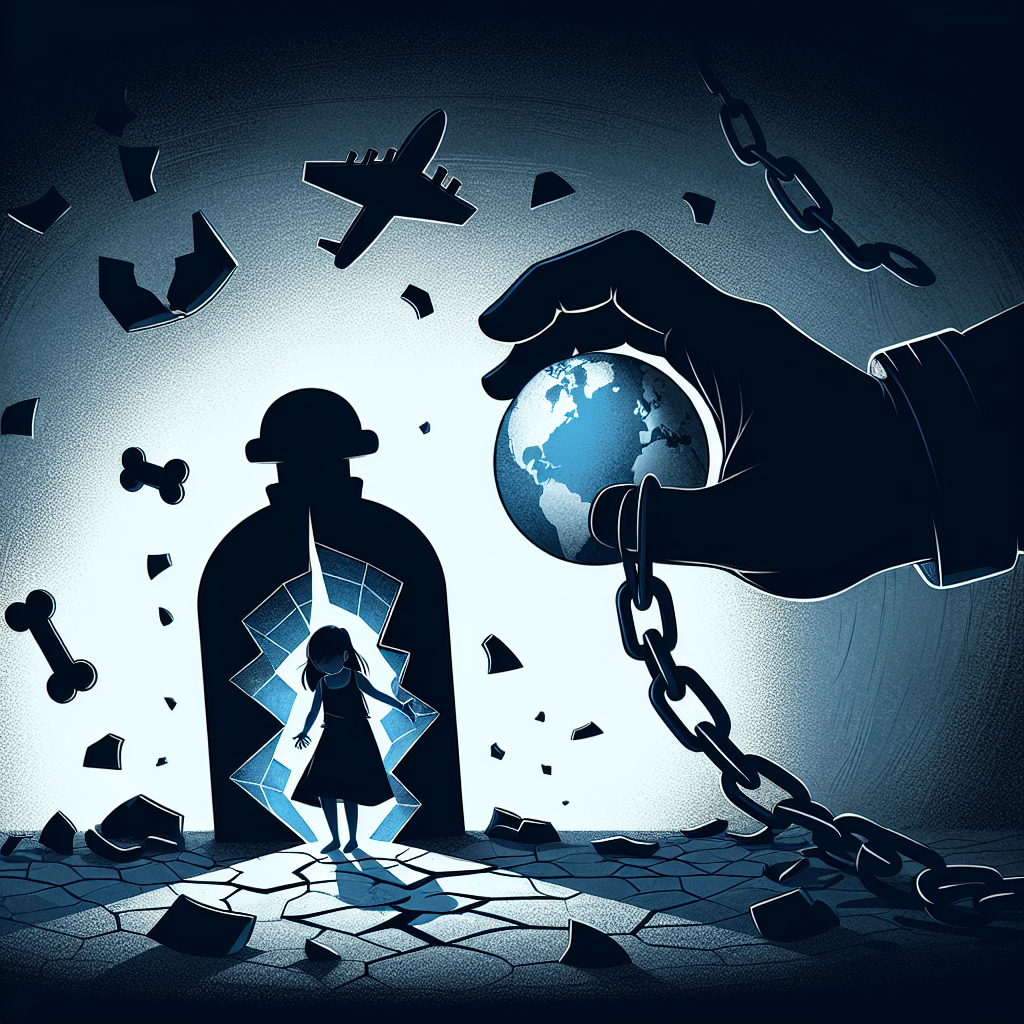UN Expert Urges Liberia to Prioritize Anti-Trafficking Measures in National Development Agenda
Call to Strengthen Child Protection, Gender Equality, and Victim Support Services in Liberia.

Liberia must urgently prioritize the prevention of trafficking in persons, particularly women and girls, in its development agenda, according to a United Nations expert. Siobhán Mullally, the UN Special Rapporteur on trafficking in persons, especially women and girls, emphasized the need for concerted action to address trafficking for labor and sexual exploitation during her 10-day official visit to the country.
“This is a key moment in development planning for Liberia,” Mullally said, pointing to the alignment of the National Action Plan to combat trafficking, the National Development Plan, and the United Nations Sustainable Development Cooperation Framework. She called for trafficking prevention and accountability measures to be integrated into the country’s broader sustainable development strategies, particularly in justice, labor, health, and child protection sectors.
Mullally noted that the absence of anti-trafficking measures in Liberia's sustainable development agenda represents a missed opportunity to address shared goals, such as child protection, access to education, healthcare, and gender equality.
Gaps in Victim Assistance and Protection
The Special Rapporteur highlighted the lack of comprehensive services for trafficking victims, especially in rural areas and border regions. "Women and girls in mining areas and street situations face heightened risks of trafficking for sexual exploitation," she said, underscoring the urgency of expanding safe homes and child protection measures.
Mullally called for community-led anti-trafficking initiatives designed in consultation with affected groups, including persons with disabilities, to ensure accessible and inclusive assistance. She also urged the incorporation of survivors' lived experiences into responses to trafficking.
High-Risk Sectors and Limited Enforcement
The UN expert expressed concern over the prevalence of forced labor and sexual exploitation in sectors such as domestic work, agriculture, and mining. She also flagged risks in supply chains, including fisheries, where child labor and forced labor remain prevalent. Liberia's capacity for labor inspection and enforcement is limited, she said, adding that this gap hinders effective anti-trafficking measures.
Coordination and Accountability Efforts
Mullally called for enhanced coordination among agencies involved in anti-trafficking efforts, supported by sufficient technical and financial resources. She commended Liberia's commitment to accountability and anti-corruption, particularly the establishment of the Office of the War and Economic Crimes Court and the strengthening of the Liberia Anti-Corruption Commission. These mechanisms, she said, will reinforce the rule of law and accountability for trafficking-related crimes.
Recommendations for Action
The expert recommended immediate steps to ensure:
- Effective investigations into trafficking crimes.
- Victim-centered access to justice.
- Robust victim and witness protection measures.
- Strengthened labor inspections to address trafficking risks in high-risk sectors.
Moving Forward
Mullally emphasized that sustainable solutions require addressing root causes, including poverty, lack of education, and limited access to healthcare. She also highlighted the importance of international cooperation and donor support to strengthen Liberia's capacity to combat trafficking.
The expert’s findings will be presented to the UN Human Rights Council in June 2025, offering detailed recommendations to guide Liberia’s efforts in tackling trafficking and promoting sustainable development.
- READ MORE ON:
- Liberia
- Siobhán Mullally










